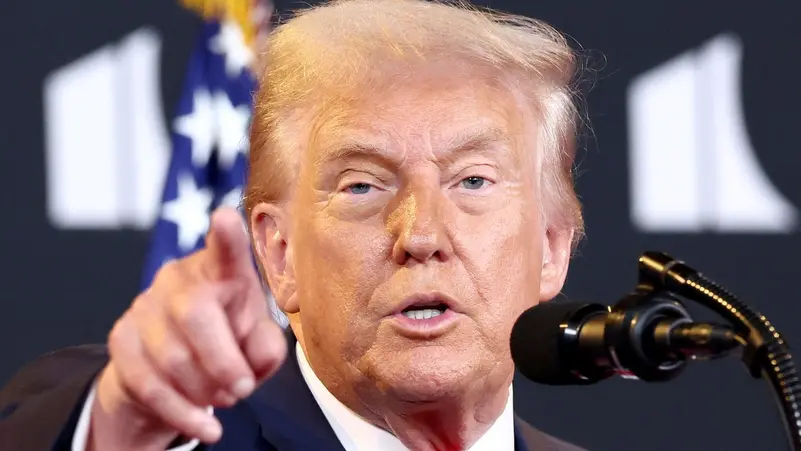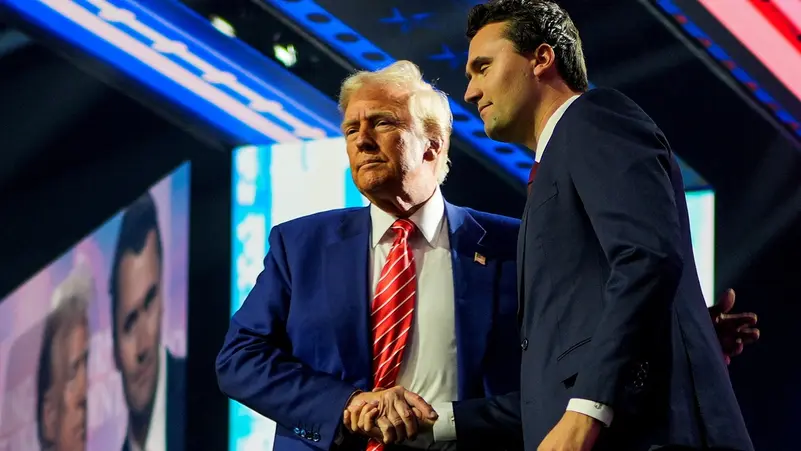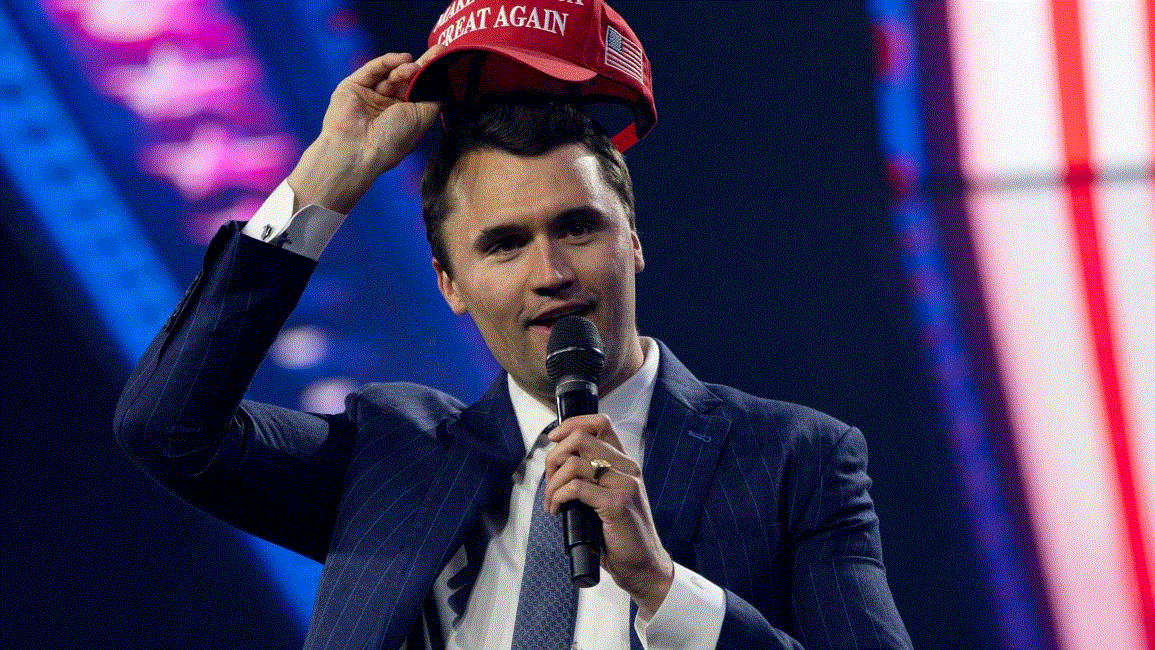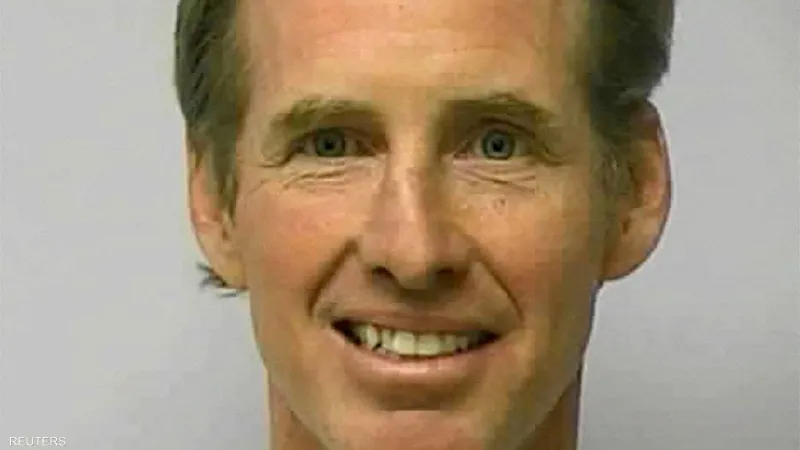Trump’s AI Gamble: Using Online Content Without Permission Sparks Outrage

Former President Donald Trump has ignited fresh controversy after announcing plans to train artificial intelligence systems using massive amounts of online content — without asking creators for permission. This bold move has triggered a storm of criticism from internet publishers, artists, and tech ethicists, all warning that Trump’s AI strategy could reshape intellectual property norms and digital freedom.
What Trump’s AI Plan Proposes
In recent public comments, Trump outlined a vision where AI models trained on publicly available internet data could be deployed across industries, from defense to media and finance.
His team argues that content published online is effectively “fair game” for technological progress.
This policy, they claim, is necessary to help the U.S. compete with China in the AI arms race.
Outrage from Content Creators and Publishers
Bloggers, journalists, and independent creators quickly condemned the proposal. Many argue that just because content is posted publicly doesn’t mean it can be freely copied, reused, and monetized by large corporations or political figures.
The backlash reflects a broader fear: that creative work may lose value if AI can freely harvest it without compensation.
Legal Grey Zones
Copyright lawyers say Trump’s plan highlights a legal grey area. While data scraping and AI training on public data have become widespread, questions remain about whether these practices violate copyright, especially when AI systems produce content that competes directly with human creators.
Legal experts predict a wave of lawsuits if the plan moves forward.
Economic Stakes
The Trump AI gamble could radically change how value is distributed online. Critics warn that it could shift billions from writers, musicians, and photographers to AI companies and platforms, while creators receive nothing.
Supporters argue that blocking AI from training on public data would slow innovation and weaken America’s technological edge.
Comparisons with China
Trump’s team justifies the strategy by pointing to China, where AI systems face fewer copyright constraints. They argue that U.S. companies must adopt similarly aggressive data practices to avoid falling behind.
But critics counter that copying China’s policies undermines the very intellectual property protections that helped build U.S. economic power.
Ethical Concerns
Beyond legality and economics, ethicists highlight deeper issues. Should private work be absorbed into AI systems that might eventually replace human jobs? What happens to trust online if creators know their content feeds corporate AI?
Trump’s plan, they argue, risks deepening public cynicism toward both technology and politics.
Trump’s Political Messaging
For Trump, the AI proposal fits a broader narrative: challenging regulations and promoting a “tech-first” agenda. His supporters frame the idea as bold and necessary to secure American dominance.
Opponents view it as reckless, ignoring creator rights and ethical safeguards in pursuit of speed.
Public Reaction
Polls show mixed views. Some Americans see AI as inevitable and support moves to keep the U.S. ahead of China. Others worry about privacy, copyright, and job loss.
The controversy may become an unexpected campaign issue, linking technology policy to debates over fairness and economic justice.
Potential Compromises
Some industry voices propose middle-ground solutions:
-
Licensing frameworks where AI firms pay creators.
-
Clear opt-out tools for websites.
-
Transparency about which data AI systems use.
Such measures could protect creators while keeping innovation alive — but Trump’s comments suggest his team prefers fewer restrictions.
Looking Forward
The Trump AI gamble isn’t just a tech story; it’s about who benefits from the next wave of innovation. Will it be corporations and politicians, or the millions of people who produce the online content AI depends on?
Observers warn that the choices made now could shape digital culture, creative careers, and the future of truth itself.




